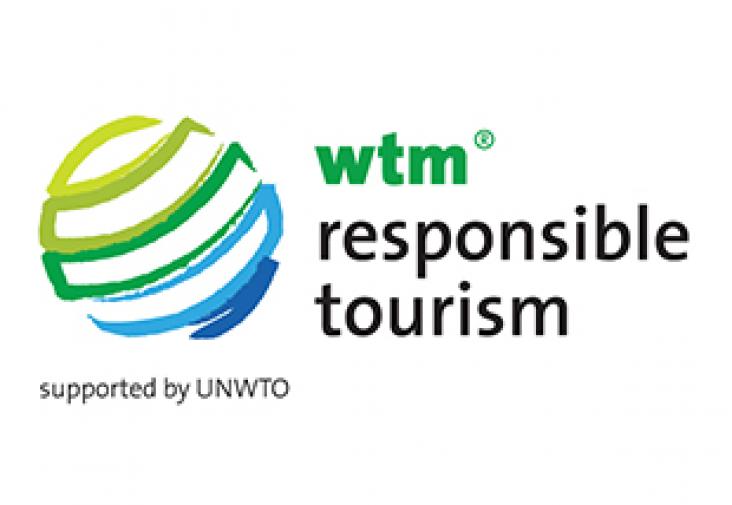
To celebrate 2017 as the International Year of Sustainable Tourism for Development, World Travel Market London is focusing World Responsible Tourism Day – including the WTM Responsible Tourism Awards – on the UN Sustainable Development Goals.
The awards categories are centred on the UN’s Sustainable Tourism Goals, with a focus on businesses, destinations and organisation which can clearly demonstrate their contribution to sustainable development
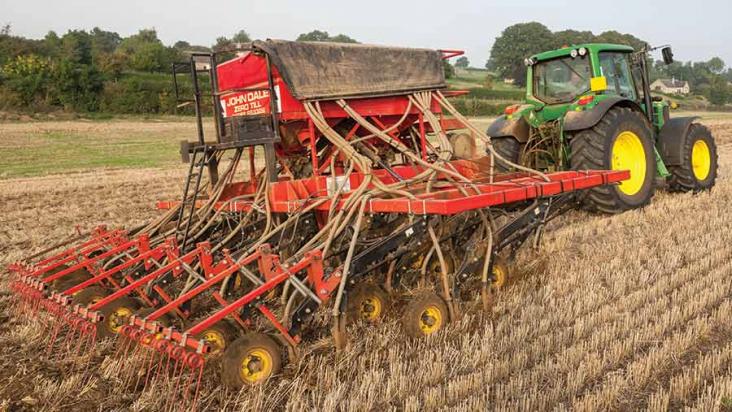
Direct drilling - where the ground is not ploughed before a new crop is established - helps conserve soil moisture and structure and prevents wind erosion. Switching to direct drilling, or "no-till", can therefore bring big savings in labour and machinery costs. However does this translate to better gross margins? A benchmarking study, which compared no-till with more conventional approach, suggest there are savings to be made despite dips in yield. This supports SDG12: Responsible Consumption and Production.
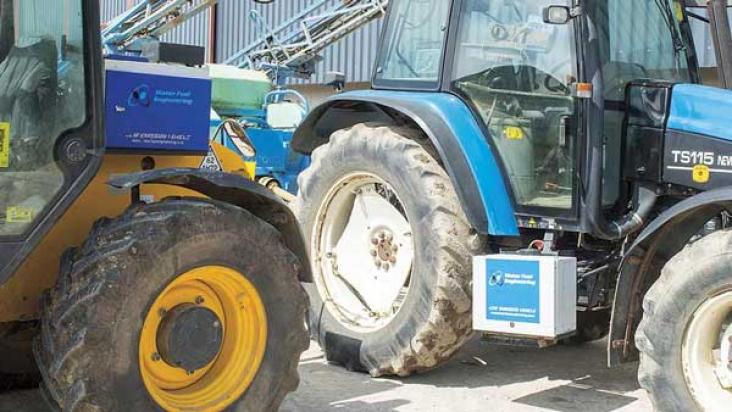
Scottish farmers have been using clean energy technology normally used by buses and bin lorries to power their farm machines, helping to reduce emissions and make efficiencies. This helps to advance both goal 7 and goal 12.
Linking to Goal 12, this is the UN Global Compact Sustainable Supply Chains website

This article highlights the winning proposals of the third edition of the Elsevier Foundation Green & Sustainable Chemistry Challenge. The winning proposals were chosen for their innovative green chemistry aspects and their large positive impact on the environment, contributing to SDGs 2, 12, 13 and 15.
With increasing pressure on chemical solutions to pests and diseases from the public, and growing resistance from plants as well as the risk to bees and other beneficial insects, farmers urgently need viable alternatives. Farmers Weekly talked to a UK farmer who is relying on biological controls to keep his oilseed rape healthy and yields profitable. This helps support SDG 12 - responsible consumption and production.
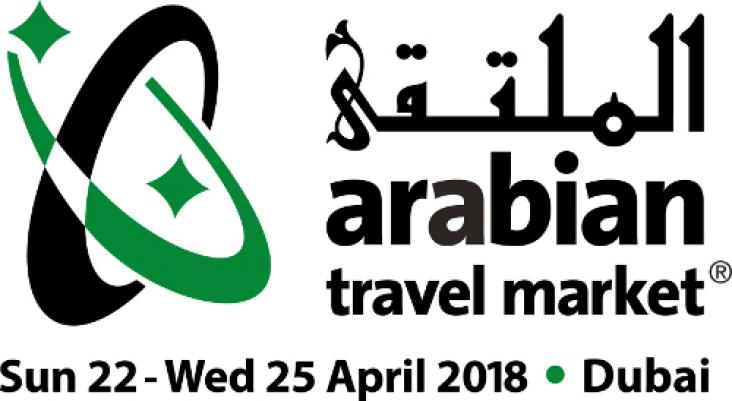
World Travel Market Responsible Tourism unites the global travel industry, companies, organisations and professionals alike, to share sustainable practices and ethical methods and drive the responsible tourism agenda. Tourism is mentioned specifically in Goal 8, 12 and 14. 2017 was the UN International Year for Sustainable Tourism for Development, with dedicated panel sessions examining what the industry can do to meet its commitments across a range of the goals.

This article explores how innovations can be used to advance goals 2 (zero hunger) and 12 (sustainable consumption and production). Nematicides - products for controlling soil-borne pests in root crops - are under threat of further regulation or withdrawal due to their toxicity. The Nematicide Stewardship Programme is demonstrating they can be used responsibly and safely to ensure their approval is maintained. But one farmer has taken it a step further by using technology to ensure his nematicide is applied accurately.

WTM Latin America is the three day must-attend business-to-business (B2B) event which brings the world to Latin America and promotes Latin America to the world. Through its industry networks, unrivalled global reach, WTM Latin America creates personal and business opportunities, providing customers with quality contacts, content and communities. Tourism is mentioned specifically in three of the SDGs: 8, 12 and 14. A responsible tourism seminar was part of the events programme in 2017 and two panellists explored what the idea of sustainability means for tourism and tourism businesses.
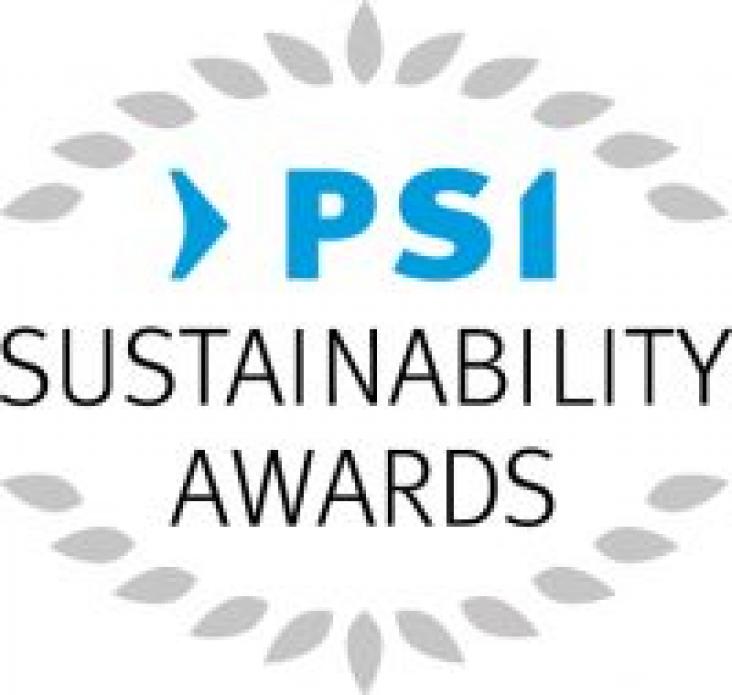
Supporting Goal 12: Responsible consumption and production, the PSI Sustainability Awards recognise the sustainable potential and distinct self-responsibility of the promotional products industry and award sustainability achievements comprehensively
